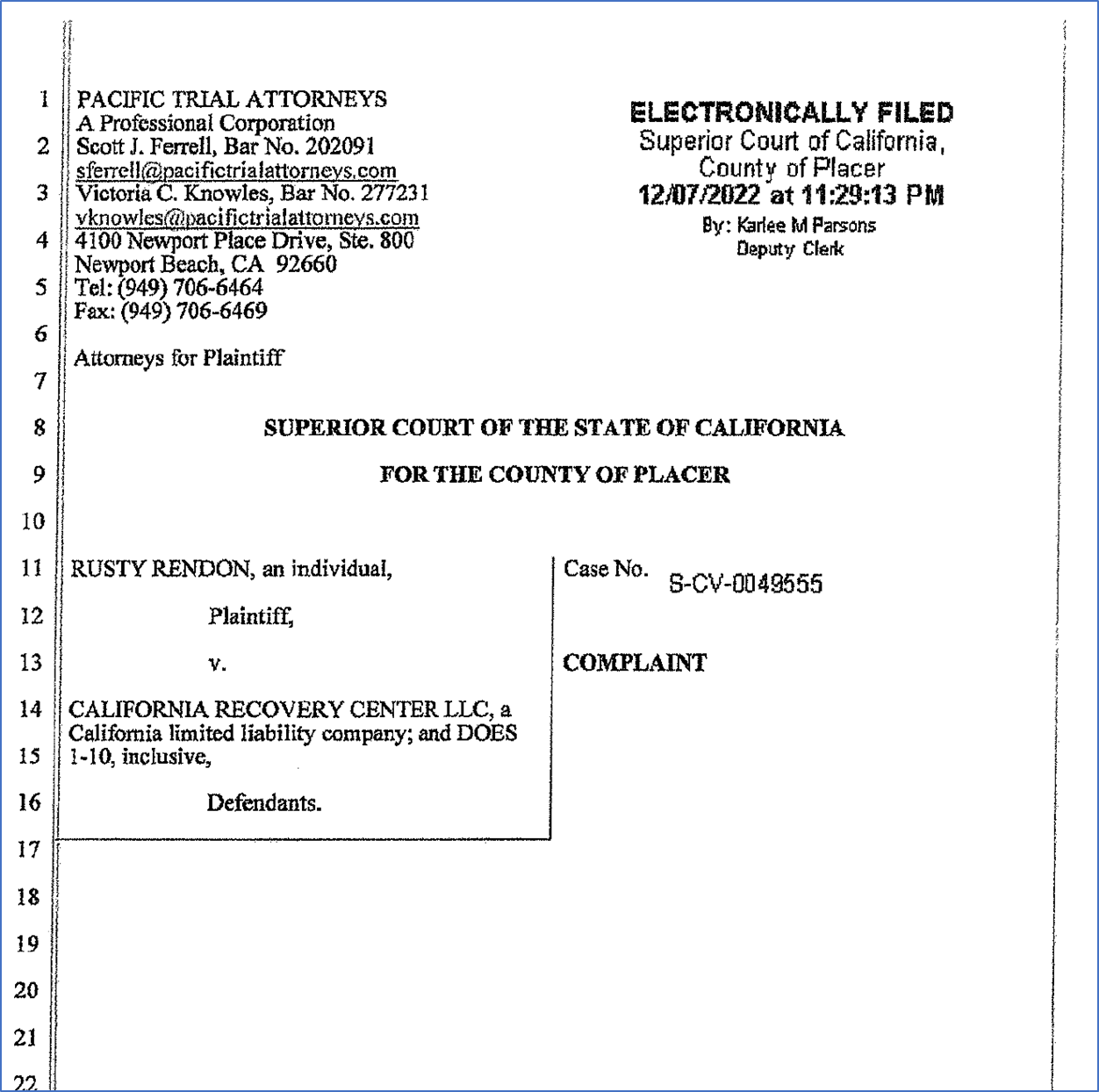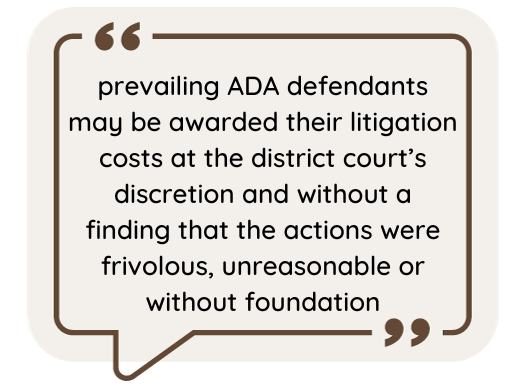In 2023, more than 1.4 million plug-in electric cars were sold in the U.S. The electric vehicle share of the total U.S. market was 7.6%, which is up from 5.9% the prior year, and expected to hit 31% by 2050. Given these numbers, it is inevitable that the motor vehicle industry will become fully electric, and the U.S. Access Board has taken strong note of this shift in the industry.
On February 14, 2013, the Access Board issued a notice of intent to establish an advisory committee on electric vehicle charging stations (“EVCS”) to create a proposed set of rules for accessible design. The Access Board has already accepted comments and input from the public on this issue, and as recently as January 31, 2024, held a meeting to discuss the finalization of its proposed rule on EVCS accessible design. In early February 2024, the Access Board voted to submit the draft rule text to the Office of Management & Budget (“OMB”), and the rule is currently under OMB review, which is the next step in the rulemaking process. If the rule is approved by the OMB, the Desk Officer will notify the appropriate Federal Register Liaison Officer (“FRLO”) that the rulemaking has been approved for publication in the Federal Register. Continue ›
 ADA Compliance and Defense Blog
ADA Compliance and Defense Blog




